Today we’d like to introduce you to Lola Ashaye.
Hi Dr. Ashaye, so excited to have you on the platform. So before we get into questions about your work-life, maybe you can bring our readers up to speed on your story and how you got to where you are today?
My interest in medicine was sparked by observing a patient-doctor relationship in my senior at Alpena High school in Michigan. I saw how comfortable the gynecologist was with his long-term patient, they talked like old friends and for some reason, it just felt so special. She was so comfortable with him and could be vulnerable. That was the first time I seriously considered being a doctor, I wanted to be the kind of person people could be comfortable and vulnerable with even in difficult circumstances.
At the University of Michigan, I changed my major so many times, I was resolved not to be a Biology major – was just not as interesting to me for some reason. I did my pre-med classes but was not entirely convinced I’ll go the medical school route yet. So, I wanted to keep my options open. I was undecided for a long period, then chose to be a statistics major for some time. Then, I was a math major for 2 weeks and then finally decided on Biopsychology and Cognitive Science at the last possible moment! However, throughout college, I made sure to get exposure to medical programs and events which was really helpful. I particularly found MMEP (Minority Medical Education Program), a six-week summer program for aspiring medical doctors, to be a great resource.
Paying for college was really by God’s grace, having relocated from Nigeria about 2 years prior, my parents were literally just starting over and we did not qualify for a lot of programs due to our immigration status. In addition, my older brother had just started college one year prior and my younger brother joined me at the University of Michigan the following year. So my parents had all three of us in college at the same time. We had a lot of help from family, friends and the wonderful community in Alpena, MI. I remember nervously going to the financial aid office and hoping that I’ll have enough for the next semester. I am very, very grateful for all the help we got!
I applied to 9 medical schools mainly because I could only apply to private universities -again due to my immigration status. But also with limited funds, I couldn’t afford to travel all over the country for interviews. So even though I got accepted to most or all (cannot recall) I only went to 3 interviews. I decided on the 3 based by being very honest with myself about whether or not I wanted to go there if I got accepted. I knew so many others that applied to 20 – 30 schools and I often wondered if I made the right decision, but I am so glad I did it that way as I learned a valuable lesson about how being honest with myself from the start could save a lot of time, money and stress! I continue to live by this guiding principle.
Medical school was challenging, especially after the first year. I remember crying before my 2nd year and really trying to decide if I should keep going. I had a scholarship for my first year at Northwestern University Feinberg School of Medicine so I figured I could quit now and not owe that much. But again my faith got me through. I knew this was where I was meant to be and with support from family, friends, and my then boyfriend (now husband) I was able to thrive there. Having a strong support system of friends outside of medical school was so helpful for me.
I left medical school with almost $200,000 in loans but with joy and excitement about my future! I had gotten into my top choice MacNeal Family Medicine Residency program in Berwyn IL and my preferred specialty, Family Medicine. There were only a handful of us of the over 200 medical students going into family medicine from Northwestern that year. Many preferred to specialize, it did not help that primary care was not a lucrative field. But, I had done a family medicine rotation early in my 4th year and I loved it! It reminded me of why I got into medicine in the first place, the importance of the doctor-patient relationship and how it affected people’s health. Patients trusted and relied heavily on their primary doctor for guidance. They said things like, “my cardiologist said I should start this medication but I wanted to check with you first”. I wanted to help in that way. In addition, by then, I had seen some cases that highlighted the importance of preventive care and how much of a difference it can make. I knew if I wanted to help people prevent serious health conditions, primary care was the best place to do that.
The residency was a wonderful experience, I’ll never do it again…but it really was a great program, great training, except of course for the long hours, at that time we were doing 30-hour calls. I remember the last day of my call, As I drove out of the hospital parking garage, I was screaming with joy in my car. If anyone saw me, the would have been certain I had gone crazy. It was literally one of the happiest moments of my life. Up until now, 12 years later, I can still feel the sensation of my pager vibrating on my right upper thigh when I think about it.
Now a board-certified family medicine doctor, I stayed on as faculty in my family medicine program for 4 years before moving to Texas with my husband and twin girls. I worked in various settings in the Houston area, and after a while unfortunately, like many doctors I know, I got disappointed with the system! Instead of the lasting, trusting relationships I had looked forward to building, the system was set up and incentivized doctors to see as many patients as possible, in as little time as possible.
Insurance companies were dictating how doctors should take care of people – what to put in our notes, whether or not we could do a test, how much we could do for the patient in front of us at one time – It got more and more difficult to give patients the attention they deserved and preventive care took a back-seat as it felt like I only had enough time to react to issues. On top of that, patients often had to change their doctors because of changes in their insurance plans or because they lost their insurance so there was no continuity. You could work with a patient for 3 years and lower their A1c and in 6 months because they got laid off or their job changed their insurance, you are no longer their doctor, there is a lapse in their care and all that work goes down the drain. At some point I felt trapped, this was not what I signed up for, it almost felt like a scam. What was the light at the end of the tunnel? I started noticing my friends, who were great doctors- walking away from medicine, I didn’t want to be next. I felt there had to be another way.
Fortunately, there was! While researching my options, I stumbled upon the Direct Primary Care model and I was so excited. I had never heard of it before but it made so much sense. The more I learned about it, the more excited I got, it was exactly how I had envisioned practicing medicine. That was 11/2019, and I decided to go for it. I registered my practice InTouch Primary Care 12/2019 and started looking for a clinic space. We opened our doors in the midst of the covid-19 pandemic in September of 2020.
With our membership model at InTouch Primary Care, I now have the time to listen and address patient concerns and be proactive about preventive care. Also, given my additional training in lifestyle medicine, I partner with motivated patients to reduce medication use, by applying practical lifestyle changes to prevent, treat, and reverse chronic conditions.
Now, I help people easily access quality health care consistently, so they can live fully and enjoy doing what they love! I genuinely feel like I am fulfilling my dream to truly take care of people.
I’m sure you wouldn’t say it’s been obstacle free, but so far would you say the journey has been a fairly smooth road?
There were many obstacles. But I had help and support so cannot complain.
Initially, it was finances – getting through college and medical school was financially challenging but I am glad I didn’t let it weigh on me, I still really enjoyed my time, especially in college!
I had on two occasions in which I was discouraged from going into medicine by counselors. The first one was in my first year of college when I was going over my classes and mentioned I was pre-med. She encouraged me to look into nursing instead. I politely thanked her and asked if the classes I had chosen were appropriate for a pre-med student.
The second time was in my 3rd year when I was considering applying to medical school. Another counselor told me that my MCAT scores were too low and it was unlikely that I would get in. I remember feeling very sad about it. I talked to a friend who was in med school at the time and thankful he told me not to listen to her. I took the MCATs again that summer and scored about 4 points higher. In retrospect, I probably did not have to do it again but I am very glad I did. All the programs I interviewed asked why I did it again when I had a good enough score the first time, and I told them I thought I could do better, I think that really helped with my application.
The training was also very demanding and at times, it was challenging, balancing the rest of my life with work, but thankfully I had very supportive parents, husband, family and friends.
Now building my own practice, learning the business aspect of medicine, and learning to balance life as a wife, mother of three, speaker, and CEO comes with a new set of things to learn. But I am excited and embracing it all. Someone said, building a business is really not just about the service or product you offer, it’s also about who you become in the process; and I am loving who I am becoming.
Great, so let’s talk business. Can you tell our readers more about what you do and what you think sets you apart from others?
InTouch Primary Care is a unique medical practice based in Sugar Land Texas. It’s a safe place where people have their health concerns addressed and resolved in a timely fashion and are treated with dignity and respect. Our ultimate goal is to prevent serious health conditions.
It is a membership-based like a gym membership, so all patients whether or not they have health insurance pay a membership fee. It is a great option for individuals and families, 1099 contractors, and business owners, as they can get membership alone or pair with a health plan for themselves and or their employees.
The membership fee gives our patients access to all our services which include traditional primary care services (which is 80-90% of most people’s health care) like annual physicals, well-woman physicals, treatment of chronic conditions like diabetes, high cholesterol, high blood pressure, asthma, thyroid disease, anxiety, depression, etc and acute conditions like colds, coughs, flu, urinary tract infections etc
Membership also gives patients direct access to me, their doctor, they can call, email, text me directly in between their visits. They can schedule same or next business day appointments so they never have to delay their care. They have access to phone and video visits as well so care is flexible in case they can’t come in or are out of town.
Basically, this model incentivizes people to see their doctor, they are no longer googling their conditions, self-treating or delaying care due to inconveniences, lack of insurance, or changes in an insurance plan. As a result, we are able to build lasting relationships and prevent many serious health conditions.
We see people with and without health insurance, so their insurance status does not affect their care. Majority of our patients have health insurance or a health-sharing plan which we encourage. They can use these plans outside of the practice for imaging, medications, hospitalizations or other services not provided in a primary care setting.
With this model, many actually save money as we have very low cost options for labs and can find them great deals for medications and testing often at lower costs than their copay or deductible. Many do not realize it, but these days, whether or not you have health insurance, you still pay out of pocket for health care. With our membership practice, costs could be lower and definitely more predictable, while they get high-quality, flexible and convenient care. In addition, with our focus on preventive care, our patients have a much higher chance of preserving their health, saving them even more money over time.
There are other direct primary care practices; however InTouch Primary Care stands out in two ways:
First, I have additional training in lifestyle medicine which means we partner with motivated patients to reduce or eliminate the use of medications. We guide patients step by step on how to make lifestyle changes to prevent, reverse, or manage chronic conditions like diabetes, high blood pressure, high cholesterol etc.
Secondly, we are very well set up to see visitors from out of town or out of the country. Navigating the health system can be challenging and since we are set up to see people even when they don’t have health insurance, we are able to be a great resource for visitors. Also being originally from Nigeria, I am able to relate with many who are visiting from various African countries more easily and often well-positioned to help them.
Do you have any advice for those looking to network or find a mentor?
Yes, a mentor is crucial. Ideally, you want to find someone who is doing what you would like to do and succeeding in it. It doesn’t have to be exactly how you want to do it but you can save yourself a lot of trouble by learning from those who have gone ahead.
What has worked for me is joining Facebook groups or in person groups with people that are trying to accomplish similar goals, and then identifying people within those groups that I admire and asking them to be my mentor. At times it’s as simple as sending them a monthly email with updates and questions or it may be a phone call periodically but it’s good to have an experienced person in your corner.
The other thing about mentors I have learned, is that they don’t have to know you personally for you to be mentored. If they have books or other materials, read everything you can find, follow them on social media, go to their events, they can mentor you through their materials.
Another strategy is to offer to volunteer for an event or in an organization where your mentors are, this is especially helpful when you are just starting out.
Others have also used social media, engaging with the persons’ posts or materials in a genuine way (because it’s a two-way street) and over time building a relationship.
Contact Info:
- Website: www.intouchprimarycare.com
- Instagram: @intouchprimary
- Facebook: @intouchprimary
- Youtube: https://www.youtube.com/channel/UCbOUZIyMRtmnaJBx8Jc8-iQ
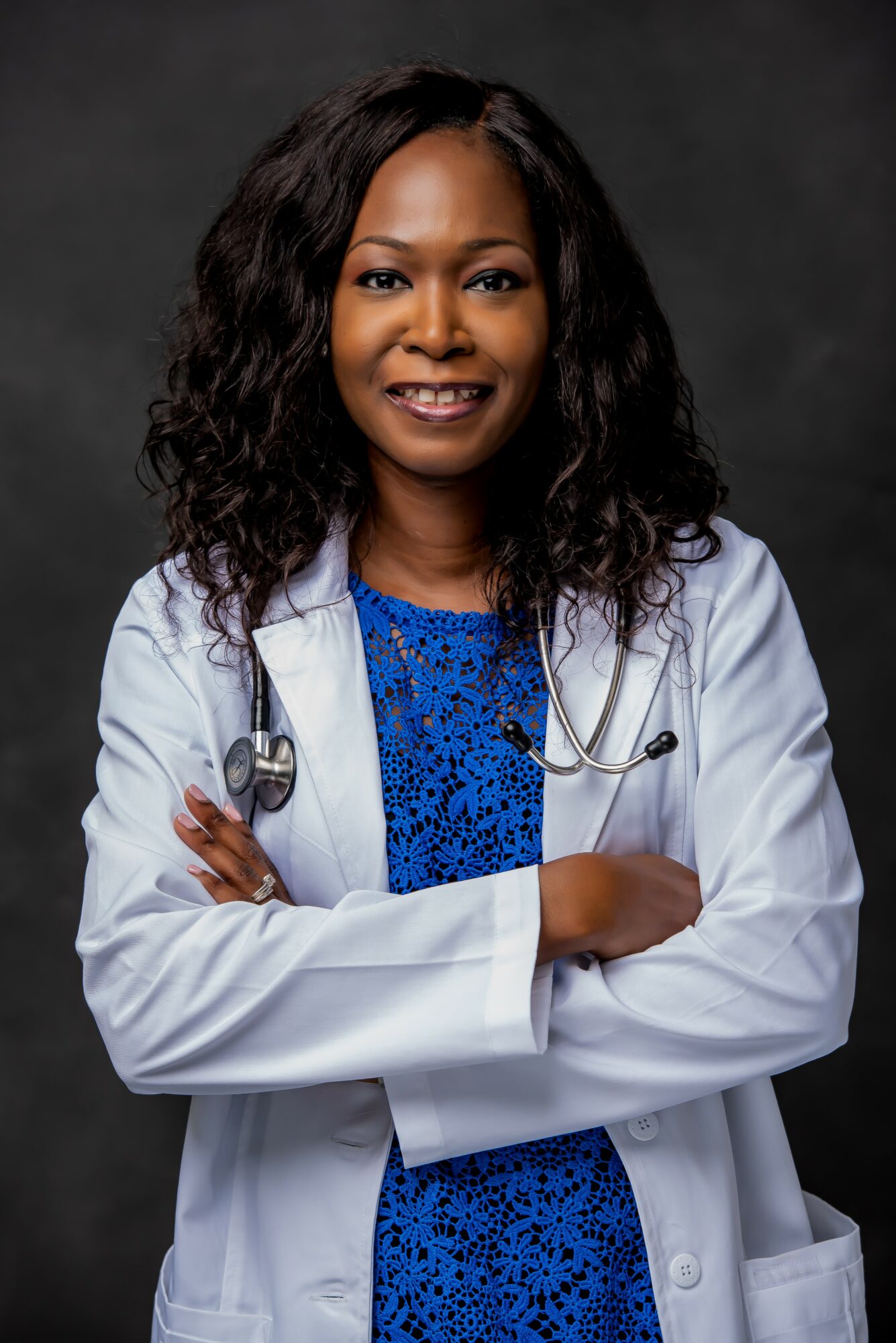
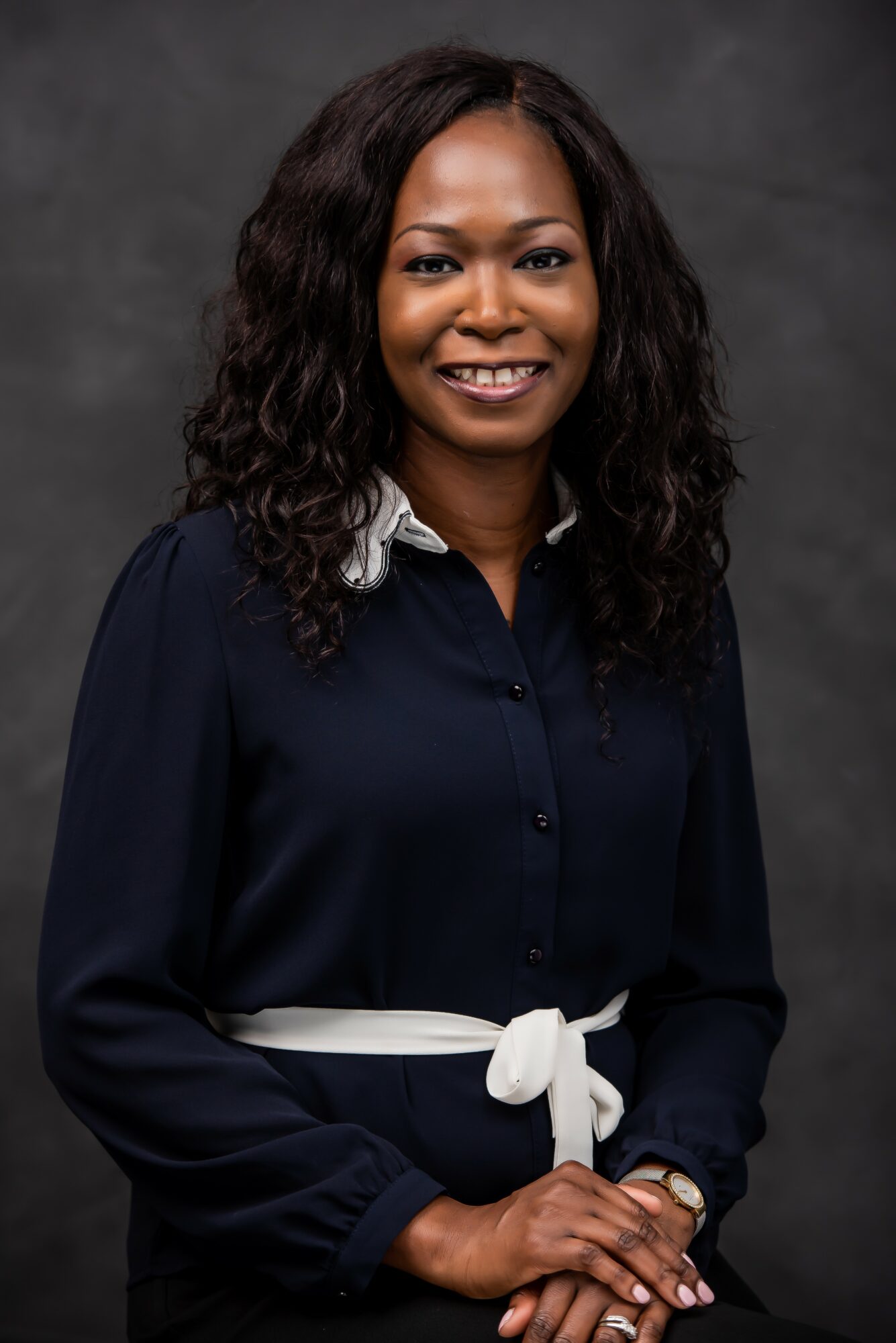
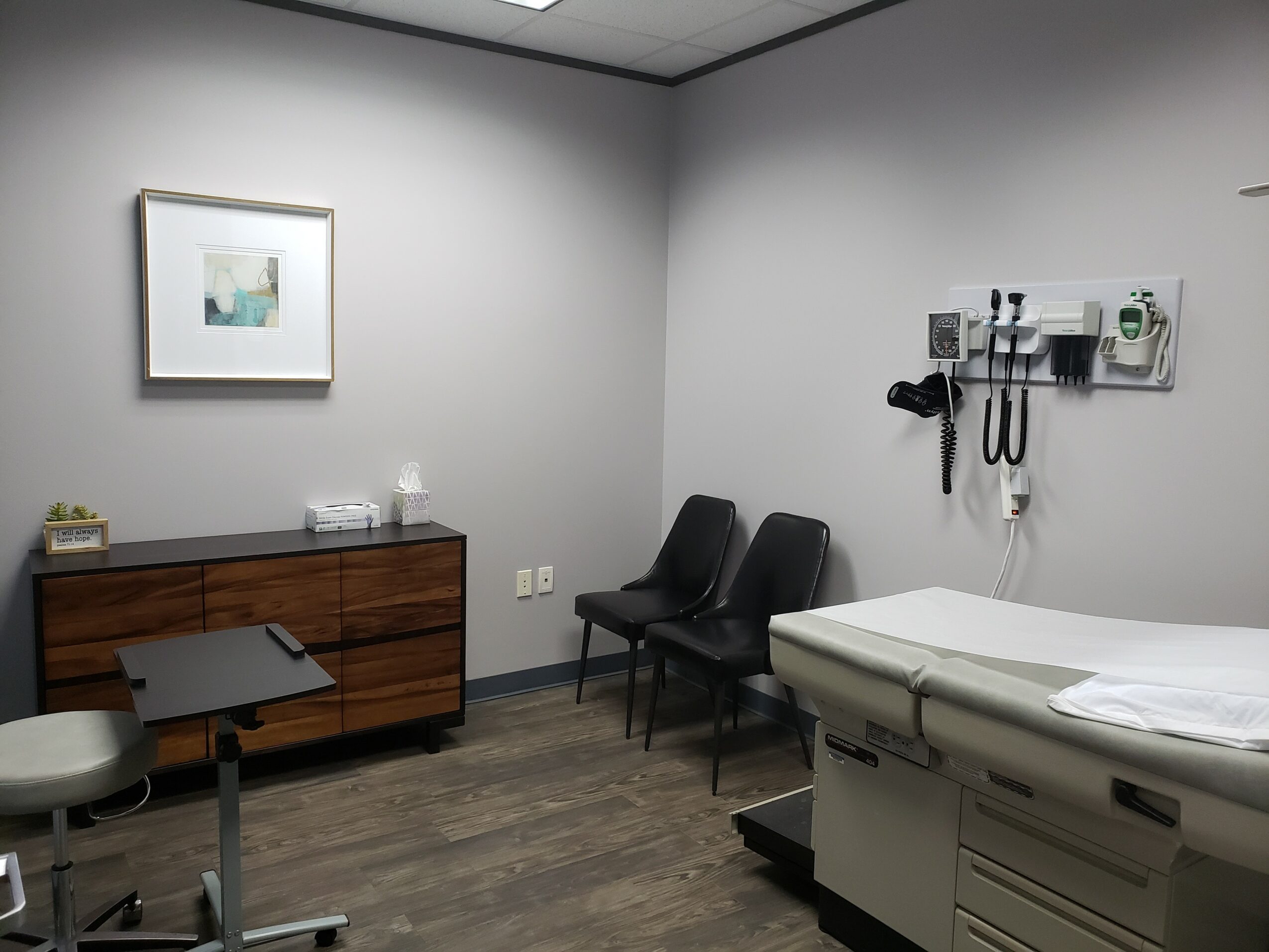

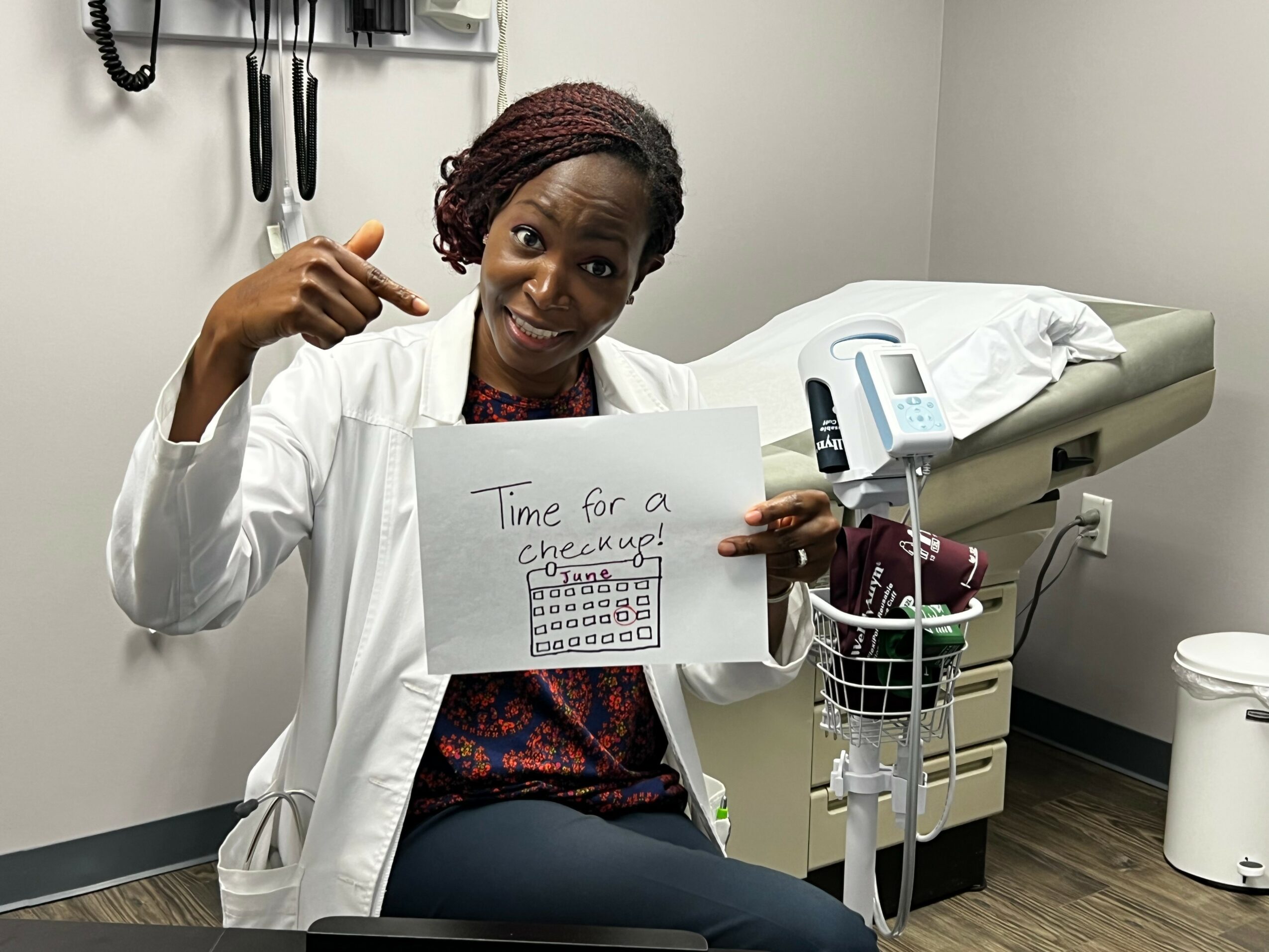
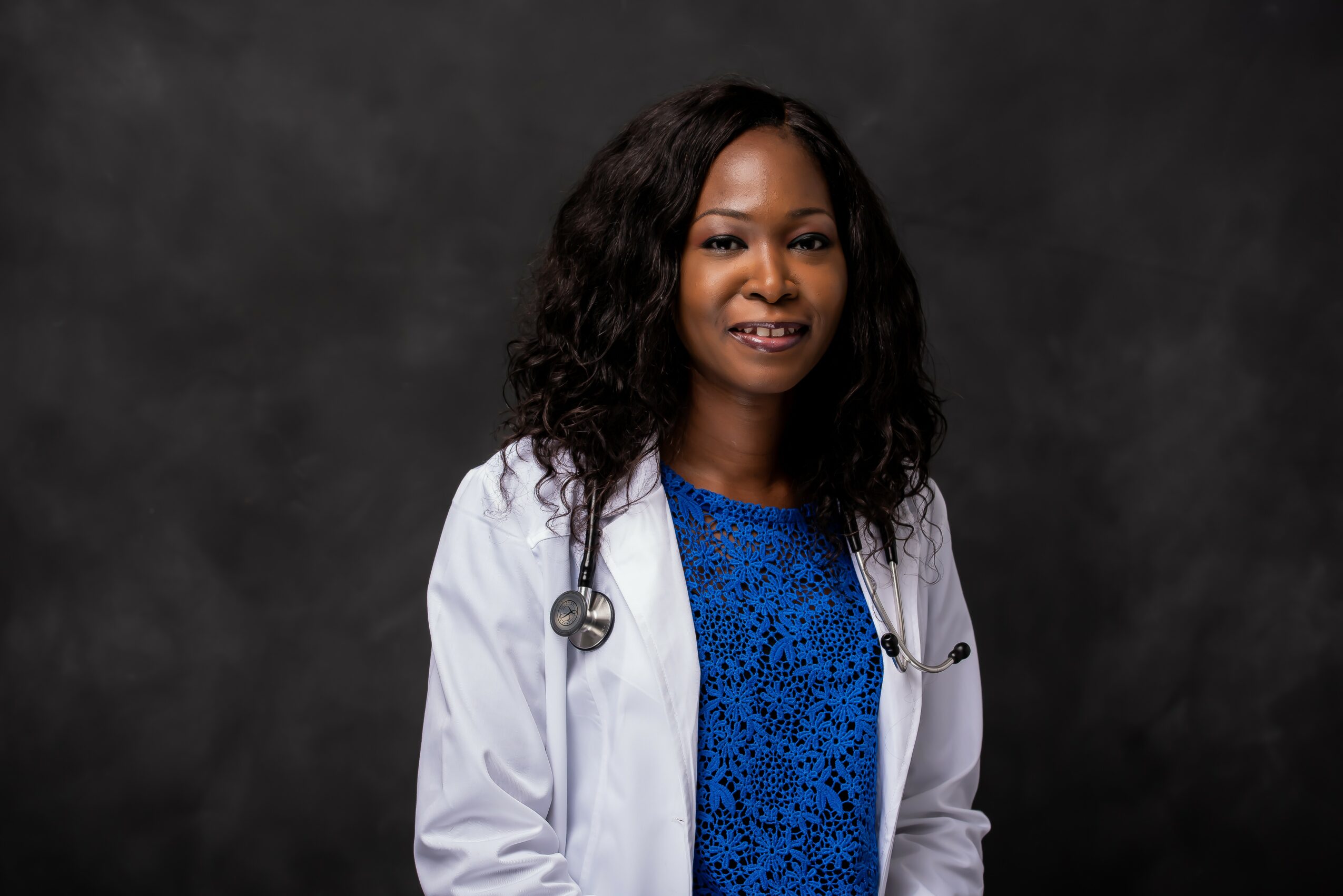
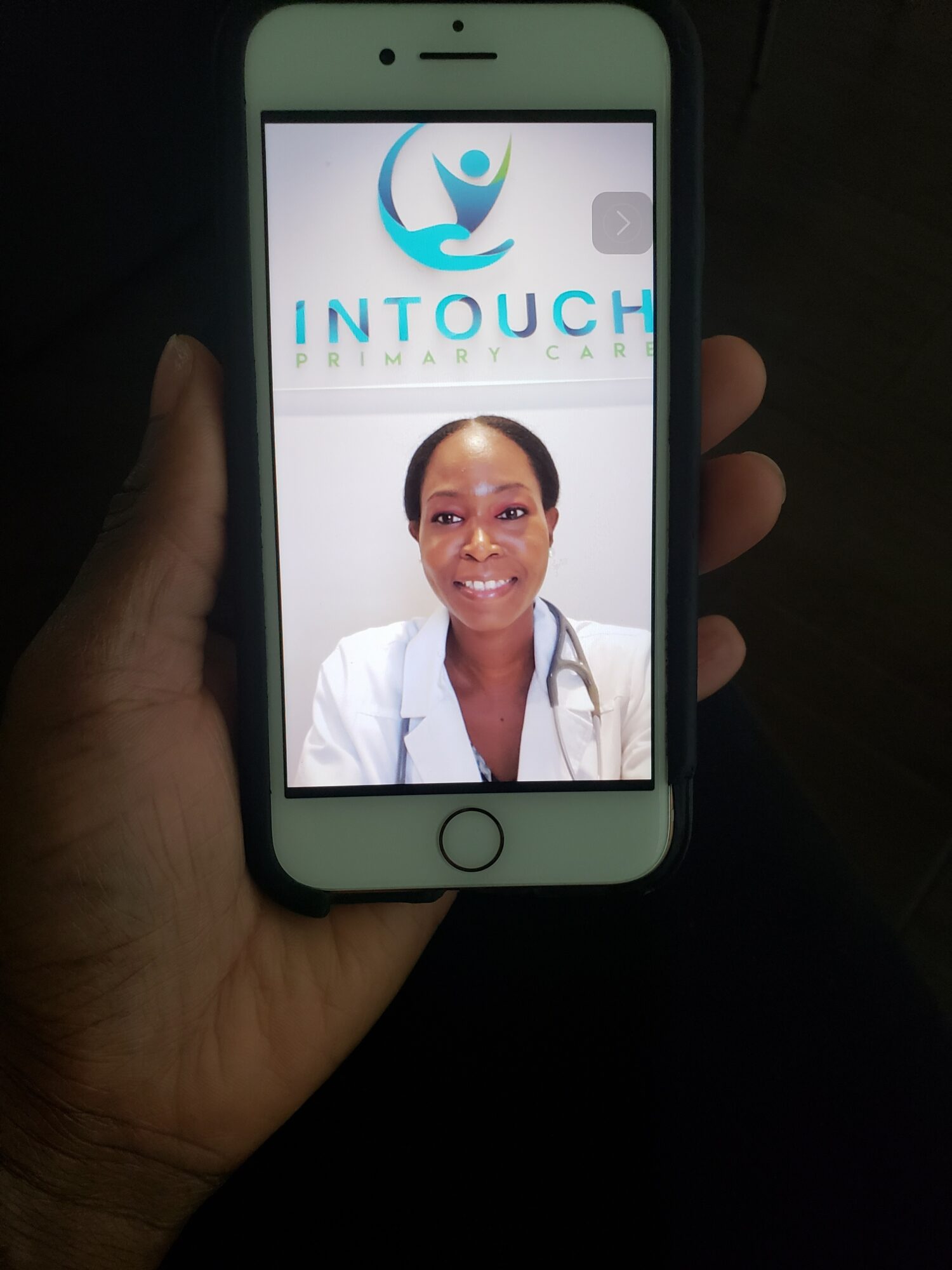
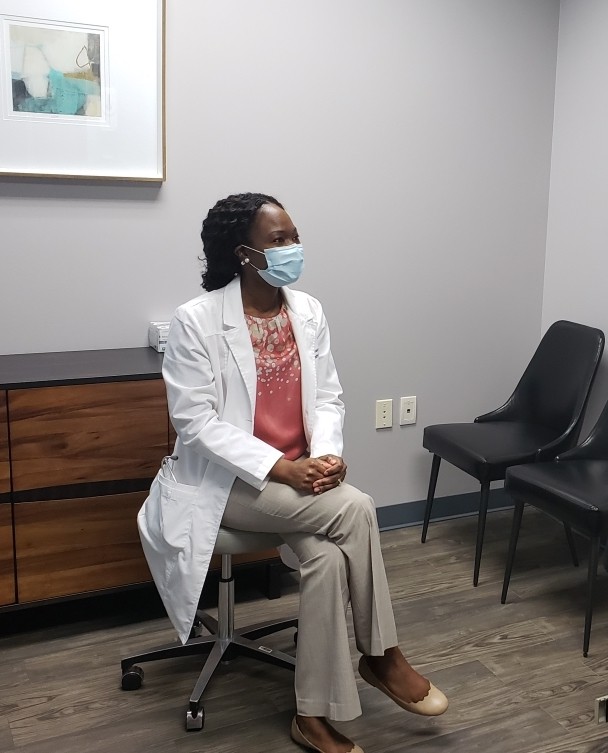

Image Credits
Imgartistry










